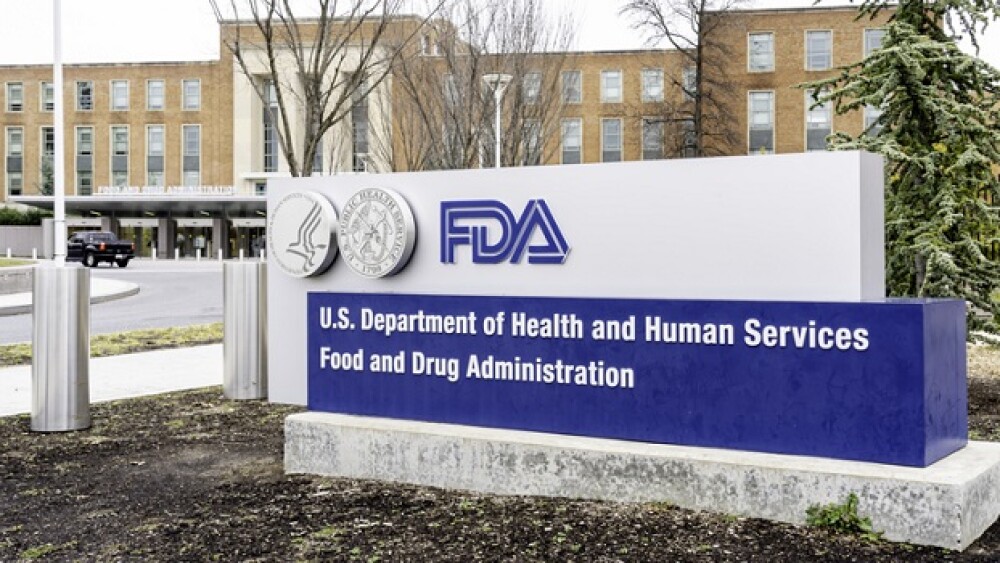The regulator informed bluebird bio that it will not convene an advisory committee meeting to discuss the company’s application for the gene therapy being developed for sickle cell disease.
Pictured: FDA signage at its office in Washington, DC/iStock, JHVEPhoto
The FDA has indicated that it does not intend to hold an advisory committee meeting for bluebird bio’s investigational gene therapy lovotibeglogene autotemcel (lovo-cel), being developed for sickle cell disease, the company announced Wednesday.
Lovo-cel’s Biologics License Application (BLA) is undergoing regulatory review and the FDA is set to release its decision by Dec. 20.
The Massachusetts-based biotech is proposing lovo-cel as a potential one-time therapy for sickle cell disease (SCD) in patients aged 12 years and older with a history of vaso-occlusive events. In its BLA, which the FDA accepted and granted Priority Review in June 2023, bluebird presented efficacy data from 36 patients in the Phase I/II HGB-206 study with a median follow-up of 32 months, as well as two patients from the Phase III HGB-210 study who were followed for 18 months each.
In terms of safety, the BLA included data from 50 patients across lovo-cel’s entire development program, including six patients who had been followed for at least six years. Lovo-cel has also previously won the FDA’s Orphan Drug, Fast Tract, Regenerative Medicine Advanced Therapy and Rare Pediatric Disease designations.
“Lovo-cel is the most deeply studied gene therapy in development for sickle cell disease,” bluebird CEO Andrew Obenshain said in a statement. The investigational gene therapy works by delivering a functional and modified form the β-globin gene, which is mutated in SCD giving rise to its hallmark symptoms of anemia, organ damage, early death and unpredictable pain crises.
Lovo-cel delivers the functional copy of the gene directly into a patient’s hematopoietic stem cells, which allows them to produce anti-sickling hemoglobin, in turn reducing the overall proportion of sickled hemoglobin. Aside from HGB-206 and HGB-210, which are both ongoing, bluebird’s clinical development program also includes the completed Phase I/II HGB-205 trial, as well as the long-term follow-up LTF-307 study.
In its second-quarter earnings report, bluebird indicated that the FDA’s approval of lovo-cel is central to its business strategy moving forward, as it forges a “path to profitability in the near term” and sustained growth and scale in the next five years, Obenshain said in an investor call.
All assets considered, including currently inaccessible restricted funds, bluebird’s cash position was at $291 million as of June 30, 2023, which could keep the company afloat only through the end of 2024.
Joining bluebird in the race to bring an SCD gene therapy to the market is CRISPR Therapeutics and partner Vertex Pharmaceuticals, which completed the rolling submission for its BLA in April 2023. The candidate, dubbed exagamglogene autotemcel (exa-cel), works by taking a patient’s own hematopoietic stem cells and genetically editing them to make them produce high levels of fetal hemoglobin.
The FDA has granted priority review status and set an approval decision date of Dec. 8. If approved, exa-cel could be the first CRISPR-based gene editing therapeutic authorized by the regulator.
Tristan Manalac is an independent science writer based in Metro Manila, Philippines. He can be reached at tristan@tristanmanalac.com or tristan.manalac@biospace.com.






